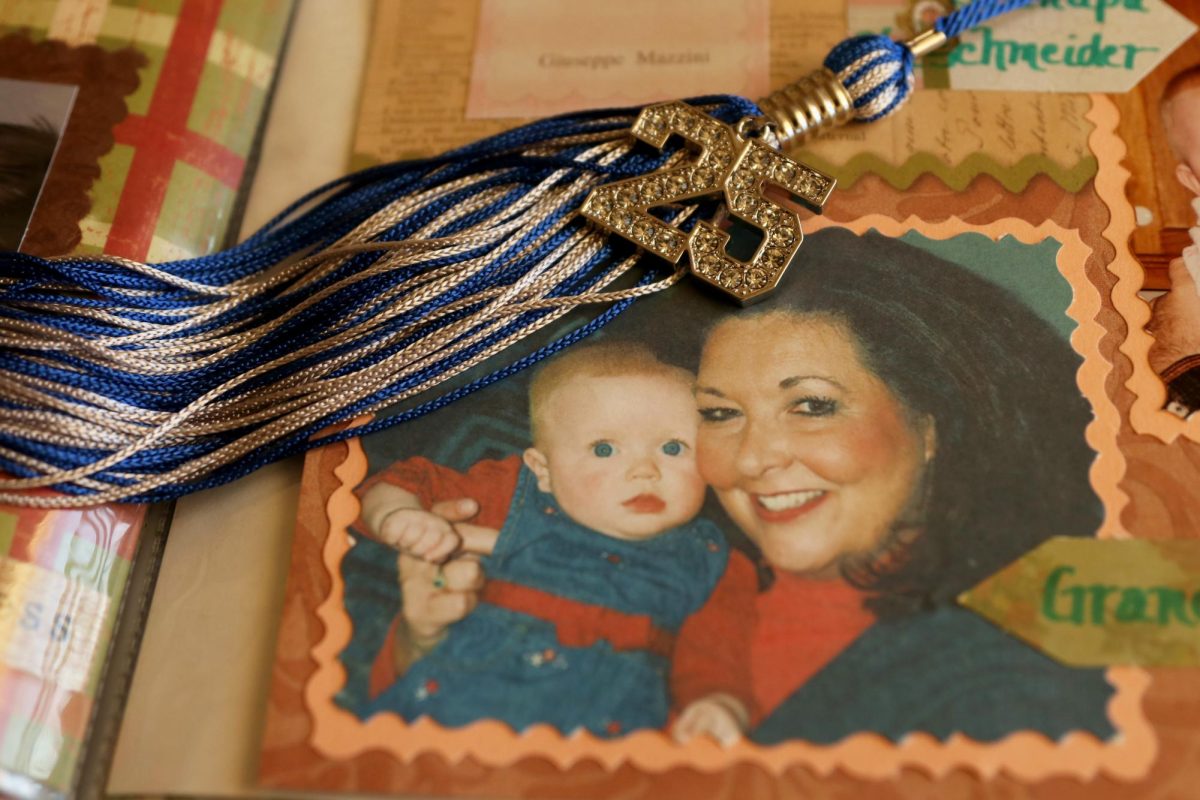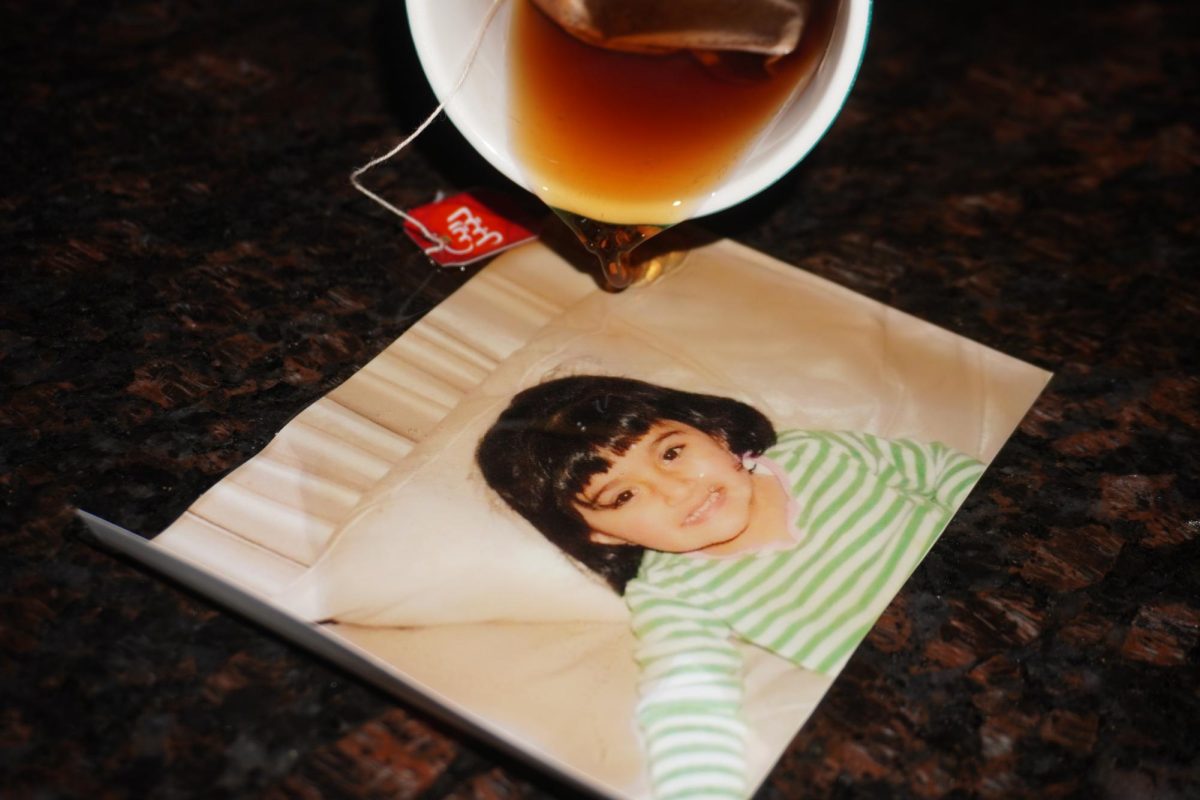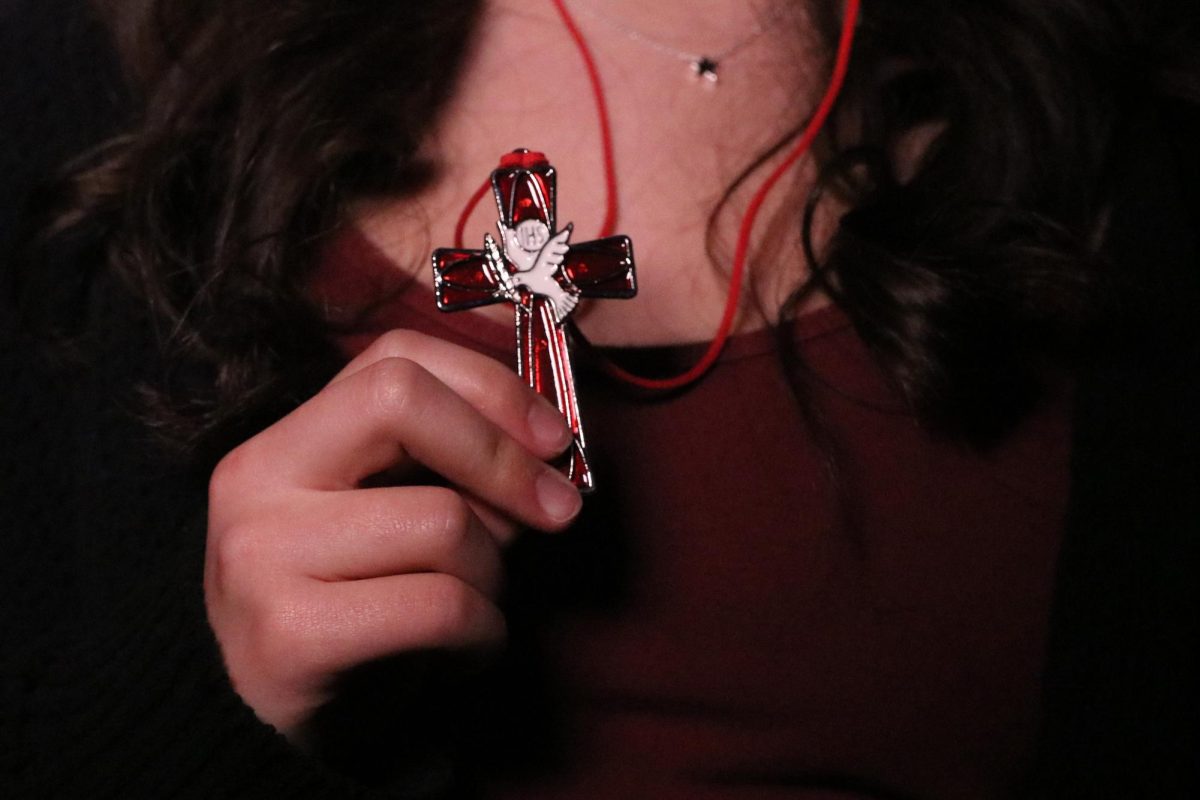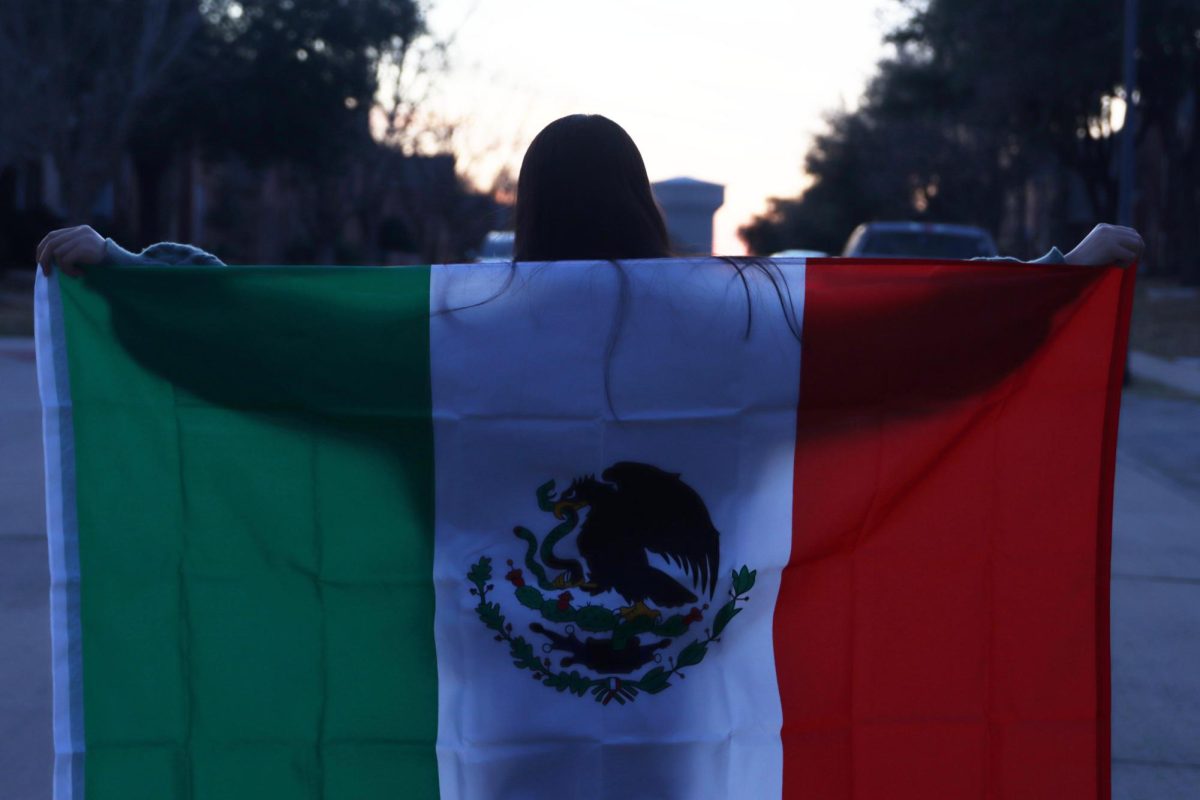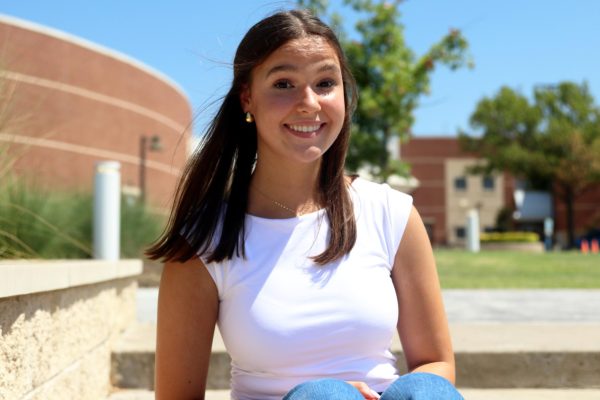The cold air stung my face as I dragged my laundry basket up the hill, leaving a trail of footsteps in the snow. I stopped at the top, catching my breath, surrounded by the stillness of the world buried in white. For a moment, I felt as if the world stopped spinning. I felt a deep calm; everything was silent, and I was at peace.
In February of my eighth grade year, it was unusually snowy. At 14 years old, I wasn’t “too old” or “too cool” to go sledding, especially since Texas rarely sees five inches of snow. So, in between my remote classes, I spent a week dragging a laundry basket up and down a hill near my house. It was an alien world: serene, comfortably still and overlooking a frozen pond. It was my escape from the repetitive routine of quarantine. Sledding itself is a blur in my memory, but I vividly remember the painful parts: my freezing feet, soaked from the snow seeping into my UGG boots, thawing them by pressing against the fireplace afterward and the random bruises from running over thorny bushes again and again.
The following February was different. I was adjusting to high school and a full in-person schedule. Life returned to something resembling normalcy. WebEx meetings were replaced with full classrooms and the annual snowfall was only an inch — the typical amount for Texas. So, l did what I had always done on bad weather days. I bundled up and headed to the hill.
As I made my way down the street and stepped onto the path, things were different. Instead of sinking into five inches of soft, powdery snow, I nearly slipped on a thin layer of ice — practically a pile of glass shattering beneath my feet. I was shocked. This place had felt so uncanny, serene and separate from the world a year before.
I was left wondering what changed. The clear path and the hill blanketed with snow was supposed to be waiting for me. Instead, one inch of ice felt like a bed of nails beneath my boots. It was a reminder that nothing stays the same. I didn’t take my laundry basket outside for the rest of the season. Little did I know, that would be my last time.
Whether it was stubbornness or wishful thinking, I thought I would be able to spend my winters the same way until I outgrew this “childish game.” However, I never thought that it would outgrow me. When something becomes all-consuming, like sledding was for a quarantined 14-year-old, it’s easy to overlook the things that might unravel it. I focused on reaching the top of the hill or watching the summit glisten in the afternoon sun, but I failed to notice the snow already melting at my feet. It wasn’t only that Texas got less snow the next year; I had grown up. Sometimes, I don’t realize that I’m living through the good times until they’re already behind me. It’s only when they’ve slipped away that I can fully appreciate their magic. What once felt otherworldly was gone, and the joy of flying down the hill no longer filled me in the same way. The snow wasn’t the only thing that had changed — I had, too.
Now, as I approach graduation, the same feeling of change is here. Growing up and leaving behind what’s familiar can feel daunting. But as graduation nears, it’s clear that life is moving forward, and I can’t keep chasing the same experiences from my younger years.
Change isn’t something to fear — it’s part of growing up. We’re bound to outgrow things, no matter how much joy they once brought us. I can’t keep chasing that same feeling or clinging onto what’s no longer here. I have to accept that some things lose their magic as I grow up. Instead of trying to relive old moments, I have to be able to move on and find new experiences to embrace. Growing up isn’t about losing — it’s about knowing when to let go and look for the next challenge: the next thrill and the next place to find joy.
Soon, I’ll find a new hill to take my sled. I have no clue what the hill will look like, but, this time, when the snow begins to thaw, I’ll know that it’s time for a new journey. I will have seen the trees on my way up.




